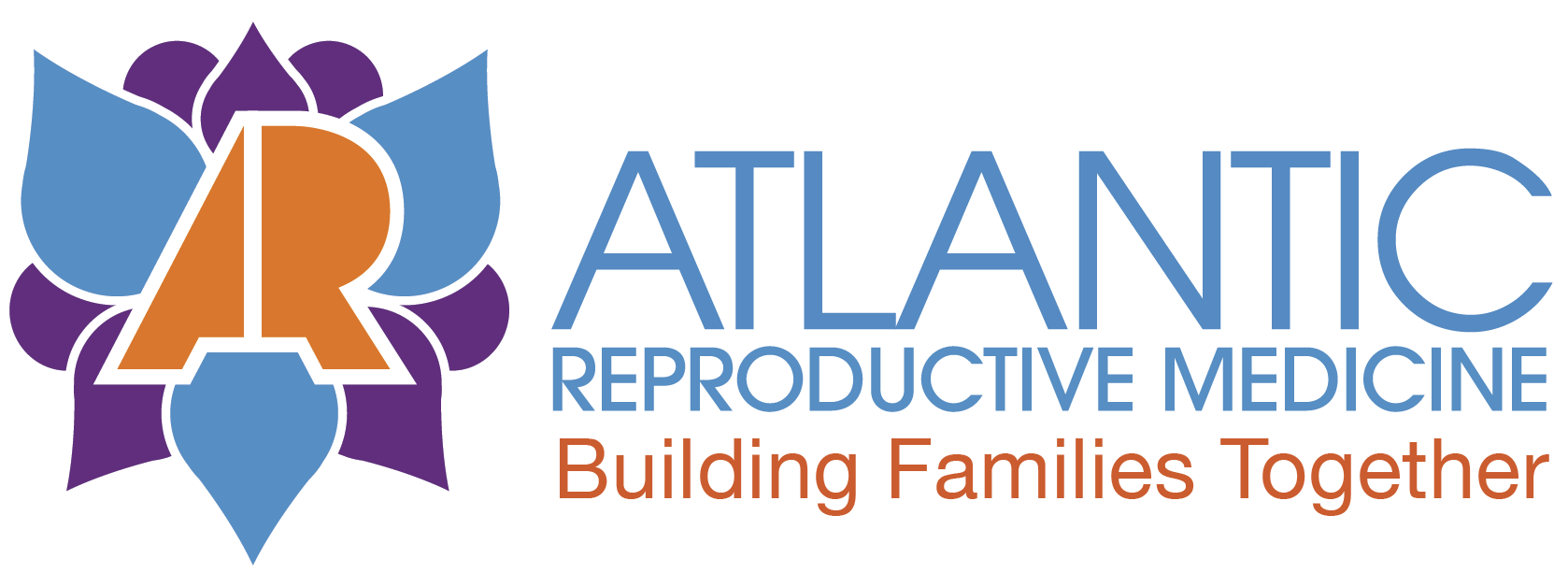Known Genetic Conditions
What to Do When Facing Fertility Challenges
One in six couples will experience a genetic condition or defect that could be passed onto an unborn child. This unique circumstance requires the guidance and support of an experienced fertility doctor in Raleigh. Diagnostic testing and treatments for a couple facing the challenge of known genetic diseases require a highly personal and individualized approach.
To effectively navigate the process and face your fertility challenges, we help you understand your genetic disease and fertility options. By understanding your unique fertility circumstances, you can actively participate in planning your path to conception with confidence.
Our fertility team has more than 30 years of experience navigating known genetic diseases. They are specifically trained and prepared to meet you wherever you are on your path to conception.
How Our Lab Screens for Genetic Defects in Embryos
Genetic screening involves many moving parts and processes. Embryo screening and preimplantation genetics refer to genetic tests that allow the identification of possible congenital disabilities in embryos. Once an embryo has progressed to a blastocyst, a small number of cells can be safely removed from the trophectoderm (the part of the embryo that is the precursor to the placenta). These cells are sent to our affiliated genetic testing laboratories for analysis while the embryos continue to be cared for here in our laboratory.
The cells from the embryo biopsy are then tested to identify if the embryo is euploid (average number of chromosomes of 46, with 23 obtained from each parent) or aneuploid (abnormal number of chromosomes). Suppose other heritable conditions are suspected (such as cystic fibrosis or sickle cell disease) in cases where both parents are carriers of these diseases. In that case, additional testing can be planned to identify the embryos free from these tested conditions.
Facing Known Genetic Diseases With Courage
Understanding your fertility options when facing a known genetic disease starts with a preconception counseling session with an experienced fertility doctor in Raleigh. You’ll learn more about your fertility health and options during your session. We’ll also work with you to create your most optimal fertility treatment path to the conception that respects your values and lifestyles.
Atlantic Reproductive provides fertility treatment, testing, and more to patients in Raleigh, Cary, Durham, Fayetteville, Chapel Hill, and beyond from our office in Brier Creek. Contact us today to schedule a consultation.
